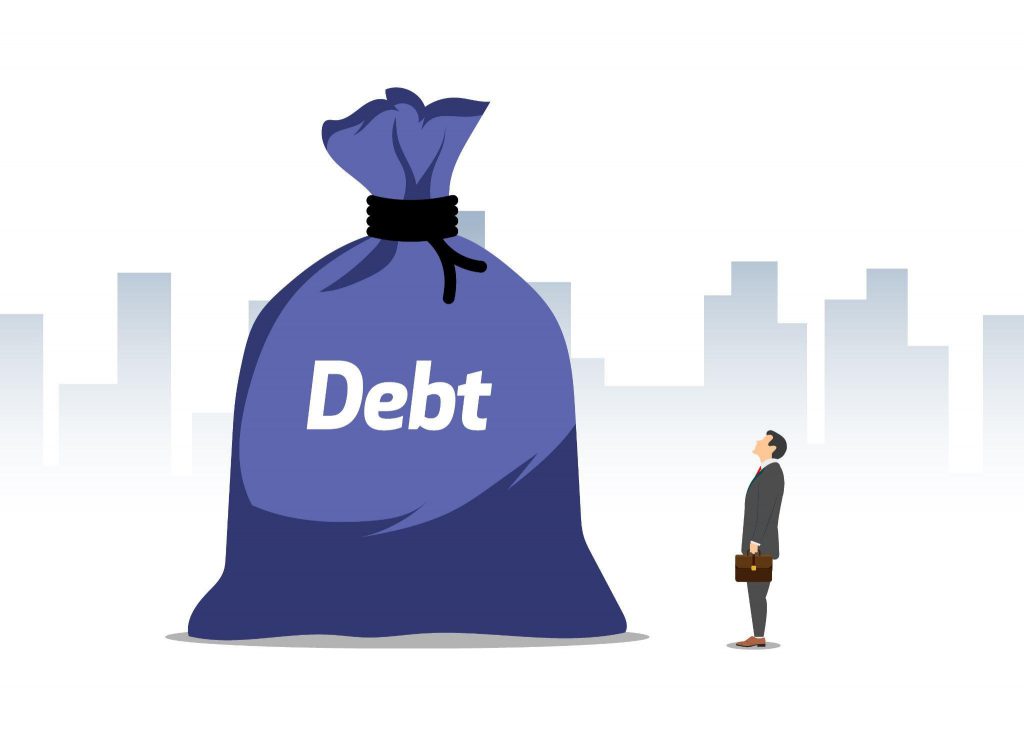
Many people want a life where they do not have to worry about paying for the things they desire, especially the basic needs of life. However, debt is a major setback holding people from meeting their personal needs, let alone achieving financial freedom. Although debt can be a powerful tool for achieving goals and acquiring assets, it can also become a significant obstacle if not managed wisely.
A debt can be good or bad. Debts come in different forms: mortgage, car loans, business loans, education and consumer loans etc. Good debt, such as a mortgage or an education loan, can increase assets or enhance earning potential if managed well. Bad debt, on the other hand, is often associated with high-interest consumer loans that don’t contribute to your long-term financial well-being. This blog post is for you if you are neck-deep in debt and always worried or overwhelmed with how to pay. We will delve into practical ways you can begin your journey to a debt-free life.
Assessment and Awareness:
The first step towards effective debt management is to assess your current financial situation. Create a detailed list of all your debts, including outstanding balances, interest rates, and minimum payments. This awareness helps you prioritize and plan your repayment strategy.
Budgeting:
Establishing a well-structured budget is crucial. Allocate a portion of your income to debt repayment while ensuring you have enough for essentials and savings. Stick to your budget to avoid unnecessary spending that could hinder your debt payoff goals.
Prioritization:
Not all debts are created equal. Prioritize high-interest debts with steep interest rates, as they can quickly spiral out of control. This strategy, known as the “avalanche method,” helps minimize the amount of interest paid over time.
Snowball Method:
Another approach is the “snowball method.” Start by paying off the smallest debt first, regardless of the interest rate. Once that’s paid off, roll the amount you were paying into the next smallest debt. This method provides psychological motivation as you see quick wins.
Negotiation and Refinancing:
Don’t hesitate to negotiate with creditors for lower interest rates or better repayment terms. Refinancing high-interest loans into lower-rate options can significantly reduce your overall repayment burden.
Emergency Fund:
While focusing on debt repayment, make sure to build an emergency fund. Setting aside 3-6 months’ worth of living expenses can prevent falling back into debt in case of unexpected events.
Lifestyle Adjustment:
To accelerate your journey towards financial freedom, consider making temporary lifestyle adjustments. Cut back on non-essential expenses, explore cost-effective alternatives, and redirect the saved money towards debt repayment.
Avoiding New Debt:
As you work towards paying off existing debts, avoid accumulating new ones. Be mindful of your spending habits and only take on new debt if it’s absolutely necessary.
The Long-Term Benefits
Implementing a well-structured debt management strategy yields numerous benefits beyond just financial freedom:
- Reduced Stress: As your debts decrease, so does the burden on your shoulders. Reduced stress positively impacts your mental and emotional well-being.
- Improved Credit Score: Consistent debt management can lead to an improved credit score, opening doors to better borrowing opportunities and lower interest rates in the future.
- Increased Savings: Freed from the shackles of debt, you’ll have more disposable income to save and invest in ventures that will contribute to your long-term wealth.
- Financial Freedom: Ultimately, the goal of effective debt management is financial freedom – the ability to make choices based on your aspirations rather than financial constraints.
Achieving financial freedom requires discipline, determination, and a strategic approach to debt management. Although, the journey might have its challenges, but the rewards – reduced stress, enhanced financial security, and the ability to pursue your dreams – are more than worth it.



